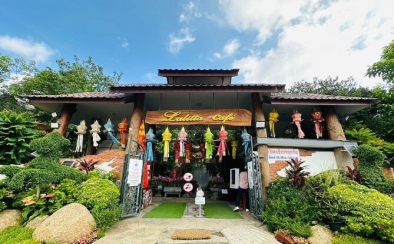
Posted by: Priyanshu Raj Singh
Common Tourist Scams
in Thailand: What to Watch Out For
Thailand is renowned for its hospitality and vibrant
culture, but like many popular tourist destinations, it’s important to stay
aware of potential scams. Being informed can help you avoid unpleasant
situations and ensure a safe and enjoyable trip.
1.
Gemstone Scam
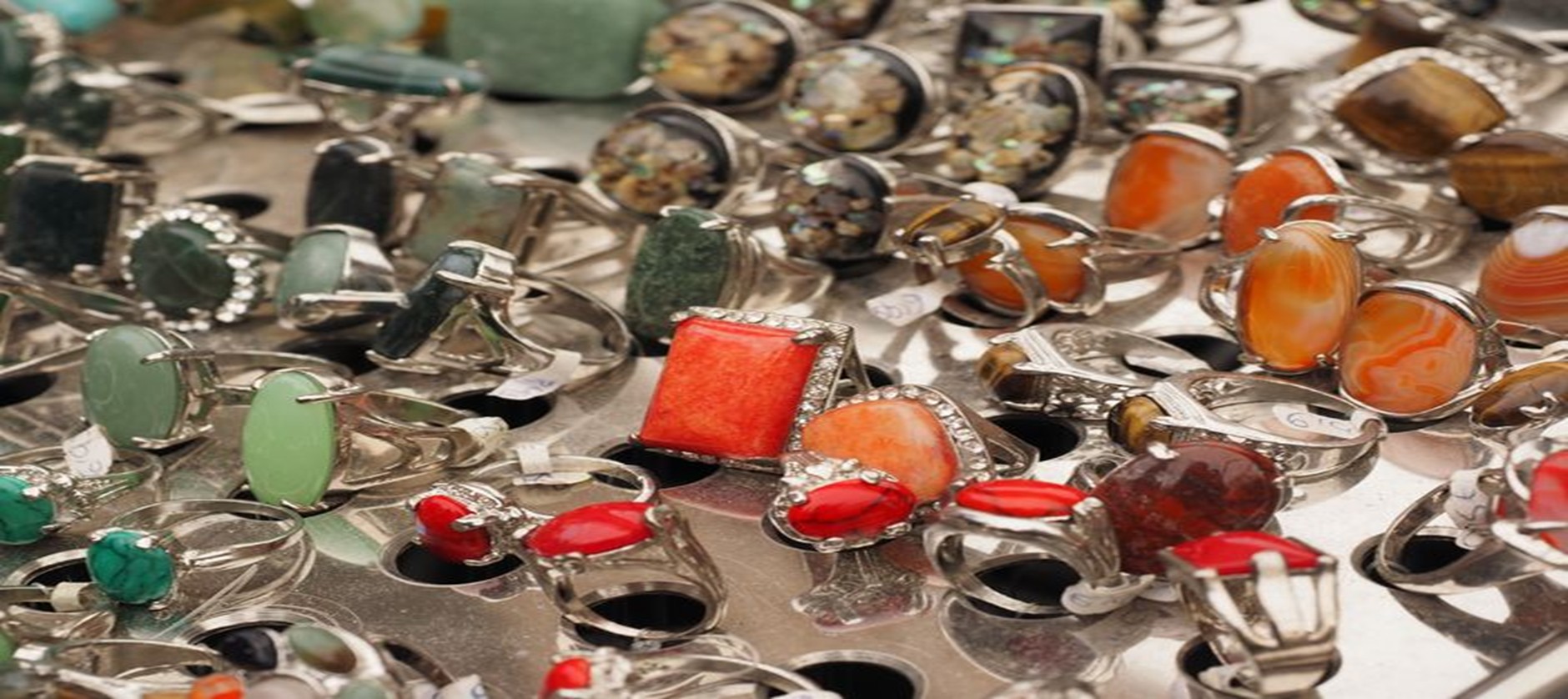
One of the most widespread scams in Thailand, particularly in Bangkok and
Chiang Mai, involves fraudulent gemstone sellers posing as certified dealers.
These scammers employ high-pressure tactics to sell low-quality or synthetic
stones at exorbitant prices, often claiming their items are rare and
undervalued. Certificates provided are often forged or invalid.
2. Tuk-Tuk Scam

Tuk-tuk drivers may offer attractively low fares to
popular attractions but divert tourists to commission-based businesses such as
jewelry stores or tailors. In some cases, drivers claim the destination is
closed and suggest an alternative. Tourists may also face inflated fares for
extended detours or refusal to use meters.
3. Jet Ski Scam

Predominantly
found in Pattaya, Phuket, and Koh Samui, this scam involves tourists being
falsely accused of damaging rented jet skis. Operators may demand excessive
repair fees or hold deposits/passports until payment is made. Tourists are also
sometimes charged for pre-existing damages or faulty equipment.
4. Taxi Scam
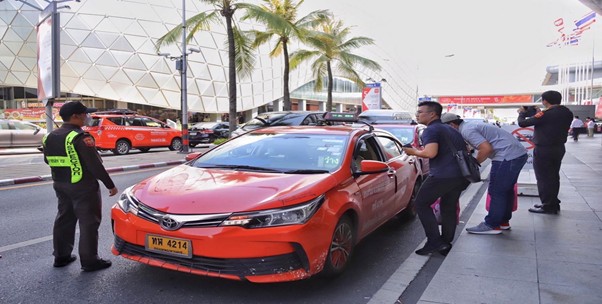
Unregistered taxis operating from airports and tourist
zones may avoid using meters, instead quoting inflated flat fares. Some may
charge extra for air conditioning or luggage. Others take unnecessarily long
routes to raise fares. It is advisable to insist on using metered taxis or book
through reputable apps.
5. Nightlife Scams

Tourists exploring Thailand’s nightlife may encounter
bars and clubs that overcharge for drinks or stage fake police raids to extort
money. Some venues lure patrons with misleading promotions. Pickpocketing is
also prevalent in crowded nightlife districts.
6. Khlong (Canal) Scam

Boat tours along Bangkok's canals can sometimes
involve unlicensed drivers who make unscheduled stops at commission-based shops
and demand inflated fees at the end of the tour. Disagreements can escalate,
and in some cases, threats of police involvement may arise.
7. Attraction Closed Scam

Scammers, often tuk-tuk drivers or unofficial guides,
claim a tourist site is temporarily closed and offer to take visitors
elsewhere, typically to businesses offering them a commission. The alternative
stops may include overpriced shops or services.
8. Pickpocketing Scam

A common issue in busy areas such as markets, temples,
and transport hubs, pickpockets use distractions like staged fights or staged
confusion to steal wallets, passports, or phones. Often working in teams, they
exploit crowded environments to operate discreetly.
9. Tailor Scam

Tailors may advertise high-end materials such as silk
but use inferior fabrics instead. Pressure tactics, "limited-time
offers," and false promises of quick delivery are common. Tourists may end
up overpaying for low-quality garments.
10. Fake Tourism Authority Scam

Fraudsters impersonate tourism police or government
officials, accusing tourists of infractions and demanding bribes to avoid legal
trouble. They may present fake IDs and fabricate scenarios to intimidate
visitors into paying.
11. Money Exchange Scam
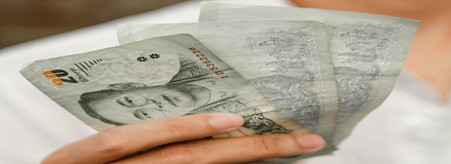
In areas like Bangkok and Phuket, some exchange booths
use rigged rates or sleight-of-hand tricks to short-change tourists. Tactics
include using outdated bills or recalculating amounts after tourists have
handed over their cash. Always check official rates and count money carefully.
12. Bird Food Seed Scam
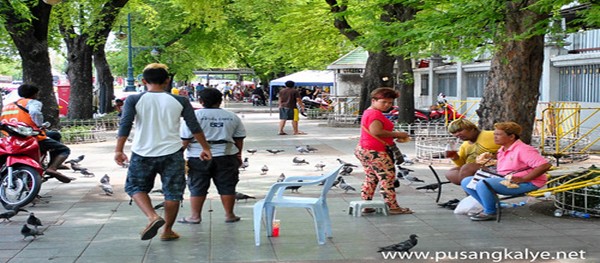
Often seen around temples or popular parks, locals
offer tourists birdseed to feed birds. Once accepted, they demand payment for
the seed. In some cases, tourists are misled into thinking it is a free
cultural experience.
Travel Tip: Always verify information from official
sources, avoid unsolicited offers, and remain cautious in unfamiliar settings.
Being alert and informed is the best way to enjoy all that Thailand has to
offer without falling prey to scams.






